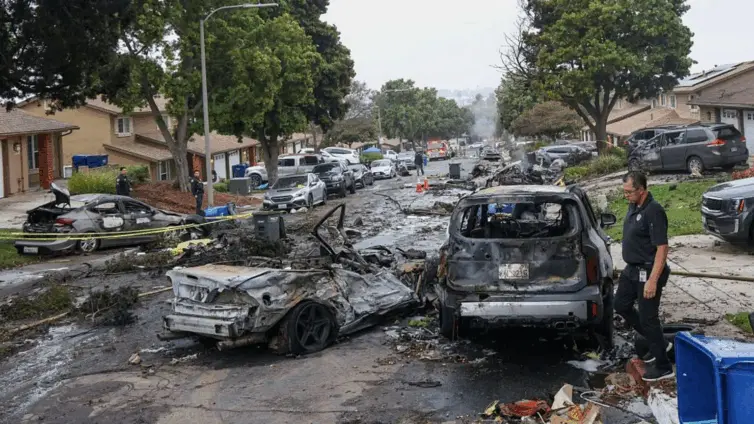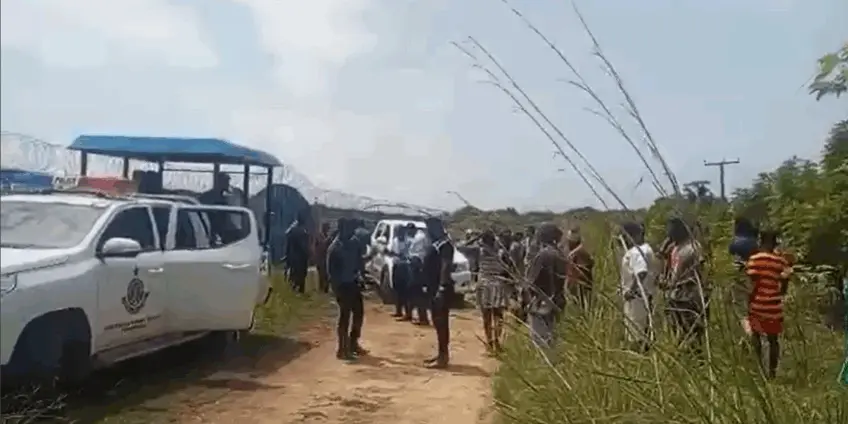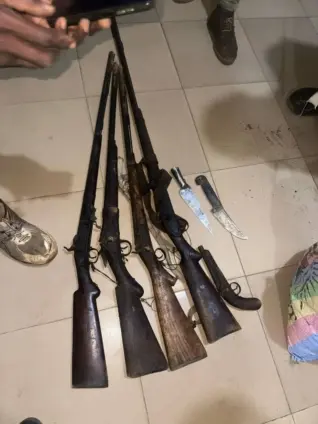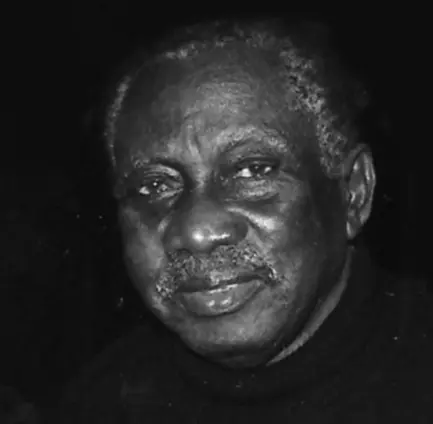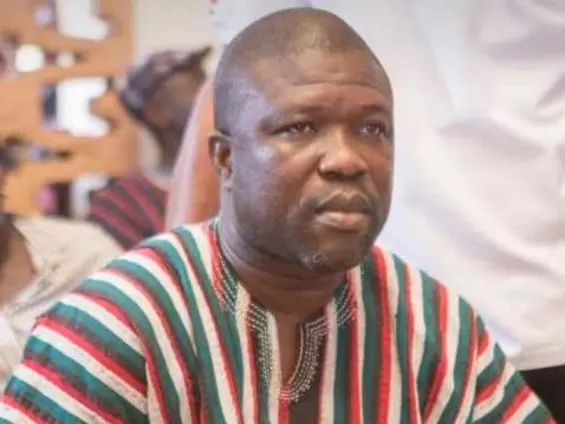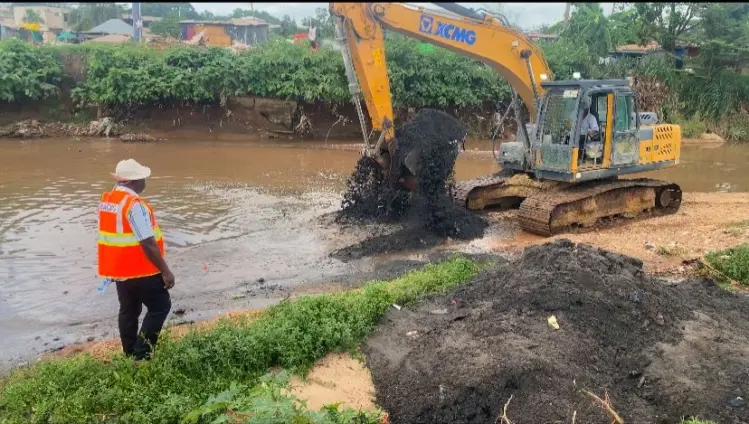The assassination of Mohammed Seidu Akugri, the District Director of the Bongo National Health Insurance Authority (NHIA), has ignited widespread alarm and condemnation across Ghana. This brutal act signifies a grave escalation in the protracted Bawku Conflict, transitioning from localized disputes to the targeted elimination of public servants. The implications of this murder extend beyond the immediate tragedy, raising profound questions about governance, security, and the future of the region.
Mr. Akugri’s life was cut short in a carefully planned ambush near Nagode, not far from Bolgatanga. Reports indicate that his attackers not only murdered him but also set his body ablaze before disappearing, leaving behind a scene of unspeakable horror. The gruesome details have instilled fear among residents and sparked outrage among public officials, who now question their safety and security in the volatile region.
This targeted killing represents a disturbing shift in the nature of the Bawku Conflict. Previously characterized by ethnic clashes and chieftaincy rivalries, the conflict now appears to be evolving into a campaign of targeted assassinations aimed at destabilizing the region. Security analysts suggest the murder could be a calculated attempt to disrupt governance and cripple essential services like healthcare delivery.
“The murder could signify a deliberate attempt to destabilise governance and healthcare delivery in the region,” a security analyst noted, highlighting the broader implications of the attack.
In response to the escalating violence, the Upper East Regional Police Command has launched a comprehensive manhunt for the perpetrators. Inspector General of Police (IGP) Dr. George Akuffo Dampare has ordered heightened security measures in Bawku and surrounding areas, deploying additional personnel and resources to maintain order and prevent further bloodshed.
The murder of Mr. Akugri underscores the far-reaching implications of the Bawku Conflict, raising serious concerns about the safety of government workers operating in conflict zones. The potential for the crisis to spill over into neighboring districts is a looming threat, requiring urgent attention and proactive measures. This high-profile killing is among the most prominent linked to the Bawku unrest, highlighting the urgent necessity for a sustainable resolution to the conflict.
At the heart of the Bawku Conflict lie deep-seated ethnic and chieftaincy disputes, rooted in historical grievances and power struggles. Understanding this historical context is essential to addressing the underlying causes of the conflict and finding lasting solutions. Dialogue and reconciliation efforts are crucial to bridging the divides between conflicting parties. Community involvement is equally vital, ensuring that local voices are heard and that solutions are tailored to the specific needs and concerns of the people of Bawku. The government must play a proactive role in mediating disputes, ensuring security, and fostering an environment conducive to peace and development.
The murder of Mohammed Seidu Akugri serves as a chilling reminder of the human cost of the Bawku Conflict. This tragedy underscores the urgent need for a sustainable resolution that addresses the root causes of the conflict, promotes dialogue and reconciliation, and ensures the safety and well-being of all residents. Only through a concerted effort involving government, community leaders, and international partners can Bawku break free from the cycle of violence and build a future of peace and prosperity.
Image Source: MYJOYONLINE


